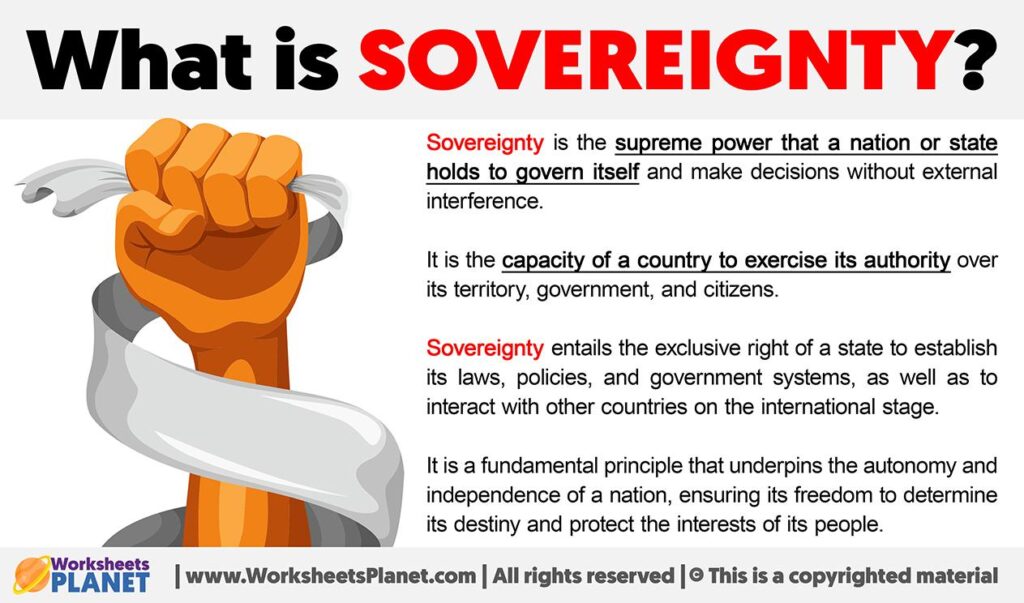Increasing Public Support for Sovereignty Education in Taiwan
Recent survey findings reveal a pronounced shift in Taiwanese public opinion, with a substantial majority advocating for the inclusion of sovereignty-related topics within the national education system. This trend reflects an expanding awareness and engagement among citizens concerning Taiwan’s political status and identity on the global stage. Approximately 70% of respondents expressed strong support for embedding lessons about Taiwan’s sovereignty into school curricula, emphasizing the role such education plays in cultivating informed and patriotic individuals.
This surge in demand is not solely driven by ongoing geopolitical tensions but also stems from a broader societal movement aimed at strengthening national consciousness, particularly among younger generations. In response, educators and policymakers are exploring innovative strategies to weave sovereignty discussions into existing academic subjects. Proposed initiatives include:
- Designing dedicated courses focused on Taiwan’s historical evolution and its current geopolitical challenges
- Embedding sovereignty themes within civics, social studies, and related disciplines
- Hosting expert-led community forums and interactive seminars to deepen understanding
The collaboration between educational institutions and government agencies is anticipated to produce comprehensive frameworks that balance historical insights with contemporary developments.
Poll Insights Emphasize Urgency for Curriculum Enhancement
The latest polling data has sparked widespread discussion by revealing robust public backing for enhanced sovereignty education across all age groups. A notable portion of participants underscored that grasping concepts related to national sovereignty is essential not only for youth but also adults seeking to navigate complex international relations effectively.
Main takeaways from the survey include:
- Diverse Perspectives: There is a clear call for curricula that present multiple viewpoints on sovereignty issues rather than one-dimensional narratives.
- Cultivation of Critical Thinking: Respondents emphasized that lessons should encourage analytical reasoning over memorization when addressing sensitive political topics.
- Tying Lessons to Current Affairs: Many advocated integrating real-world examples alongside historical context to make learning more relevant.
| Aspect | Support Level (%) |
|---|---|
| >Backing Sovereignty Education<< /td>> < | >78%<< /td>> < |
| >Incorporating Contemporary Events<< /td>> < | >67%<< /td>> < |
| >Focus on Critical Analysis Skills<< /td>> < | >75%<< /td>> < |
Effective Approaches to Embedding Sovereignty Studies in Education
A successful integration of sovereignty education requires multifaceted approaches tailored toward engaging students meaningfully. Recommended methods include:
- Cross-Disciplinary Integration: Incorporate themes related to sovereignty across history, geography, political science, enabling students to appreciate interconnected dimensions of nationhood.
- Experiential Learning Opportunities: Facilitate projects involving local communities or indigenous groups which provide practical insights into governance and cultural identity issues.
- Diverse Digital Resources: Utilize multimedia tools such as documentaries, interactive maps, virtual reality experiences showcasing different perspectives on territorial disputes worldwide—similar initiatives have been successfully implemented in countries like Estonia where digital citizenship programs thrive.
- A Global Comparative Lens: Introduce case studies comparing Taiwan’s situation with other regions experiencing contested sovereignties (e.g., Kosovo or Catalonia), broadening students’ understanding through international parallels.
An equally important element involves empowering educators through targeted professional development:
| Training Area | Description |
|---|---|

